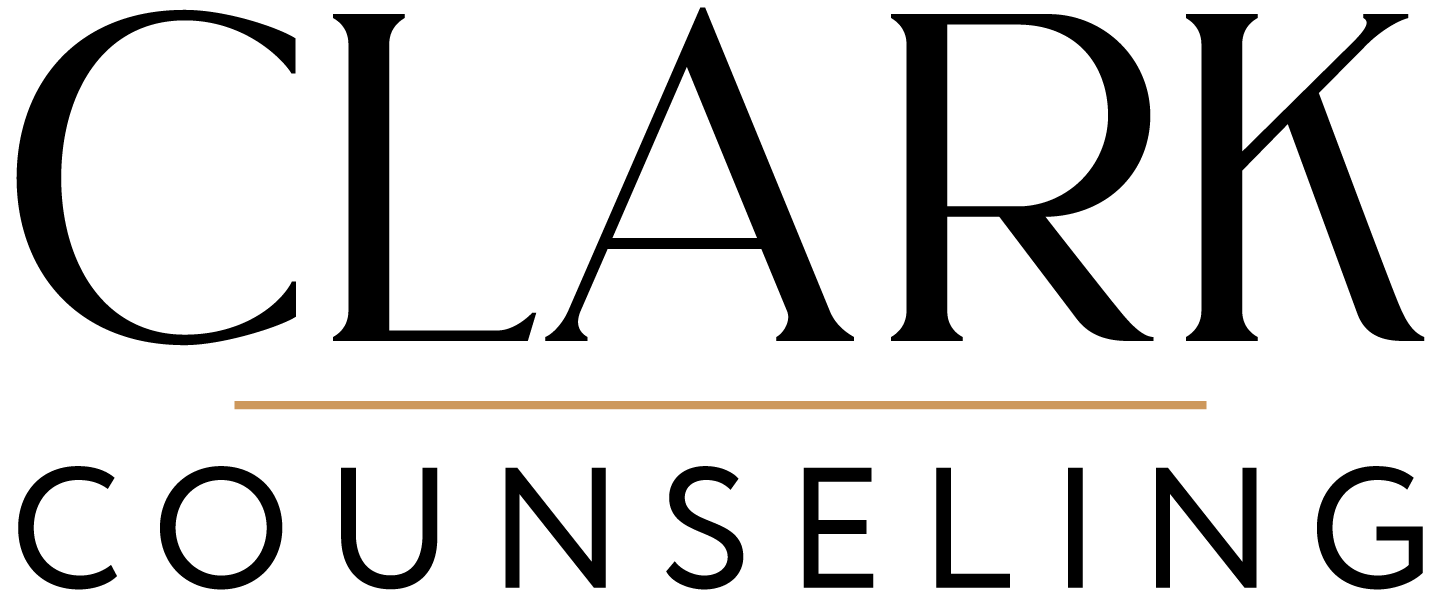Why You Might Not Remember Your Childhood
In the early stages of our lives, we are like sponges, absorbing everything that happens around us. These formative years are crucial, even though our brains lack the capacity to retain memories in a way that we can consciously recall later. Instead, the data we interpret during this time is stored in what is known as implicit memory, not our explicit, conscious memory. This process explains why many people have little to no recollection of their earliest years.
In the book 'The Power of Attachment", author Diane Poole Heller, P.H.D. states, "It's like our body, mind, and soul work together as a perpetual tape recorder that documents everything that happens to us, but when we are at such a young, impressionable age, we have no way to play the tape back to make any sense of it." This analogy highlights the idea that while our experiences are recorded, they are not easily accessible or interpretable as explicit memories.
Implicit memory is responsible for skills and conditioned responses. These memories influence our behavior and emotional responses without our conscious awareness. For example, you might feel a certain way in a situation without knowing why, or have an automatic response to a specific trigger. This can include everything from riding a bike to feeling uneasy in a particular setting without recalling the event that caused this response.
One reason early childhood memories can feel hard to nail down is that language plays a significant role in memory consolidation. Before we develop language skills, our ability to encode and retrieve explicit memories is limited. Language helps us label and organize our experiences, making them easier to store and recall. Without language, the memories we form are more fragmented and less accessible to our conscious mind.
Even if you don't have a cognitive memory of a specific incident from your early years, your body can still respond if that memory is activated. This is because our emotional and sensory experiences are deeply ingrained in our implicit memory. For some, this can feel really strange – you might know something happened to you, but are unable to recall it explicitly. This can lead to confusion and self-doubt: "Am I making this up?"
Another reason for a lack of memory of your childhood is if you experienced trauma in your upbringing. Trauma-related memories can also be difficult to recall explicitly because they often bypass the hippocampus, a part of the brain associated with our awareness of space and time. Poole states, "When a traumatic event occurs, the experience can be so overwhelmingly intense and sudden that our nervous system can't cope with it. As a result, these experiences often bypass the higher-functioning parts of our brain that would allow for integration." Instead, they are stored in a fragmented, non-verbal form, which can lead to flashbacks, emotional responses, and physical sensations that are not easily linked to a specific memory or timeline.
These implicit memories are real and can significantly impact our lives. Acknowledging their existence can help us understand our reactions and behaviors better. For instance, if you have an unexplained fear or aversion, it might be linked to an implicit memory from early childhood. Therapy and mindfulness practices can be effective tools for uncovering and addressing these hidden memories.
Don't worry - your inability to remember some of your childhood is a normal part of human development. Our brains store early experiences as implicit memories, which can influence us in profound ways without entering our conscious awareness. We can still make sense of our emotions and behaviors, even when we can't recall the specific events that shaped them.
